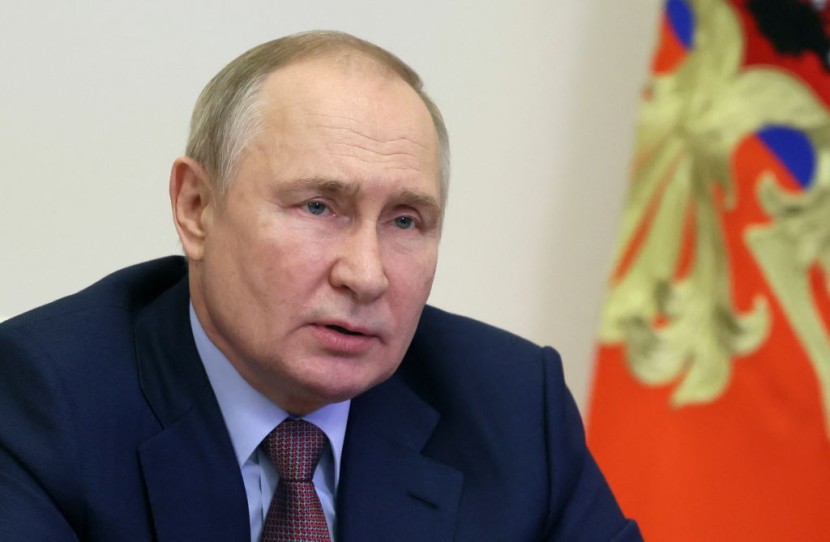
Russia says a new international order is coming, and the US thinks it's winning in Ukraine, but unipolarity is gaining ground.
Russia, Unipolarity Are Coming for US Hegemony
Moscow's ambassador Anatoly Antonov to Washington spoke these words as an ominous warning, as noted by Newsweek.
He added that the Ukrainian conflict is becoming the focal point in international relations and is seen as a major point. Furthermore, the White House should adapt or be pushed aside, according to Republic World.
It is contended that political analysts, envoys, and analysts should investigate the occurrences in Ukraine, such as the Maidan insurrection of 2014.
The US-created upheaval on Russia's borders has been brought into question by the Russian ambassador.
Just after the fall of the USSR, he alleged that Moscow had been having problems and did not pose an imminent threat to America. The 2014 Maidan uprising opened the door to challenging the new international order. Widely recognized as the "Euromaidan rebellion," it was a sequence of mass demonstrations in Kyiv, Ukraine, throughout 2013 and 2014.
Protests were triggered by the decision of the Ukrainian government, headed by President Viktor Yanukovych, to repudiate a lengthy affiliation agreement with the European Union in favor of deeper ties with Moscow.
New International Order Threatens America's Unipolarity
First, from an American perspective, the uprising was viewed as a mass revolt against a corrupt and authoritarian government as well as an affirmation of the Ukrainian people's strong willingness for stronger relations with the West.
The United States and other Western nations backed the demonstrators and called for a peaceful settlement of the emergency.
From the point of view of Russia, the Maidan insurrection has been viewed as an unauthorized endeavor by the US and other Western authorities to subvert Russia's impact in Ukraine and integrate the country into the West.
Moscow alleged that the United States constantly interfered in the domestic affairs of Ukraine and assisted in the ousting of a pro-Russian government.
From the Ukrainian perspective, the Maidan uprising was simply a popular movement for democracy with close ties to the bloc.
A diverse bunch of Ukrainians from across all regions of the country happened to come together to seek electoral change and end corrupt practices.
President Yanukovych was inevitably deposed as a consequence of the demonstrations, and a constitutional amendment that bolstered the jurisdiction of the Ukrainian legislature and the prime minister was embraced.
Antonov contended that a fresh multipolar world is unfolding and that the days of unilateralism seem to be over.
He predicted that the Moscow rivalry would not end anytime soon, but he added that the fierce competition should have included some element of understanding and respect.
One example is the Cuban Missile Crisis (History), where the two superpowers almost came to blows.
There was a mutual desire for clarity back then, during the crisis, but now the Biden administration is doing the opposite; no attempt is made.
Instead, there is a Russophobia that prevails, preventing common sense, and Washington is getting deeper into the Ukraine conflict.
Getting close to destruction results in not stopping. He added that sending weapons to Kiev would lead to more conflict.
Russia and the new international order are coming for the weakened US, trying to prop up its unipolarity that is getting rejected.








